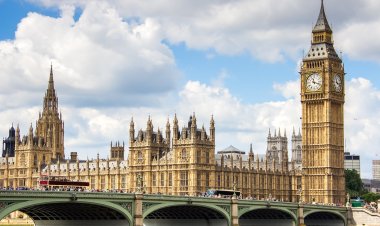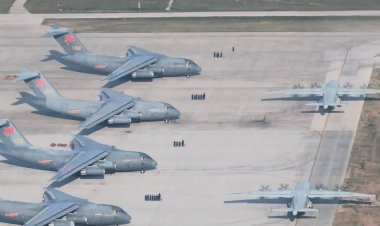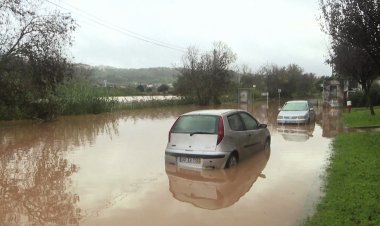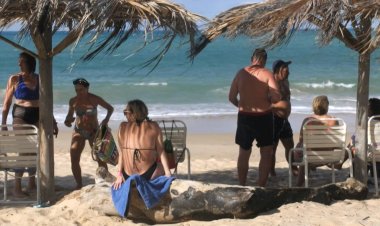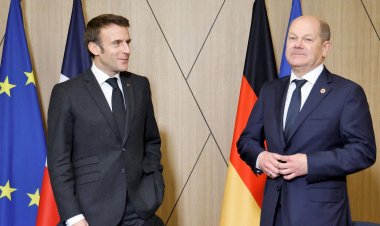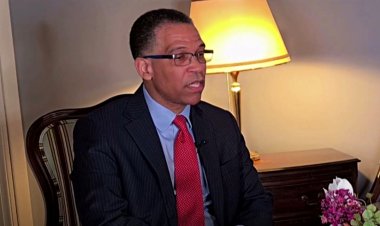Iraqi crisis talks go ahead without cleric
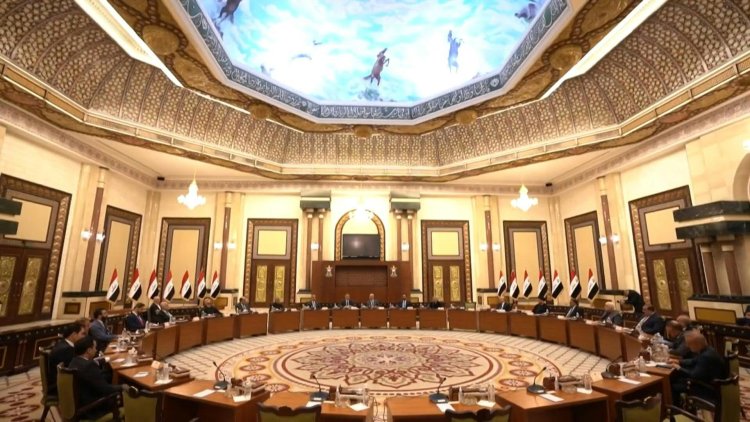
Iraq's Prime Minister Mustafa al-Kadhemi met with the party and other leaders to discuss the country's political deadlock, but key player Moqtada Sadr, a firebrand Shiite cleric, did not attend.
Ten months after a general election, war-scarred Iraq still has no government, new prime minister or new president, because of disagreement over forming a coalition.
Tensions have been rising since July between the two main Shiite factions, one led by Sadr, the other by the pro-Iran Coordination Framework. Attempts to mediate have so far proved fruitless.
Sadr wants parliament dissolved to pave the way for new elections, but the Coordination Framework wants to set conditions and demands a transitional government before new polls.
A statement from Kadhimi's office said he had called a meeting "to start a serious dialogue; intending to find solutions to the current political crisis".
The Coordination Framework was represented by two former premiers, Nuri al-Maliki and Haider al-Abadi.
Also present were Hadi al-Ameri and Faleh al-Fayyad, senior officials in the Hashed al-Shaabi network of former paramilitaries, now part of the national forces.
Maliki is a longtime foe of Sadr, the influential cleric whose bloc emerged from last October's elections as parliament's biggest, but still far short of a majority.
Sadr supporters have been staging a sit-in outside parliament in Baghdad's high security Green Zone for more than two weeks.






